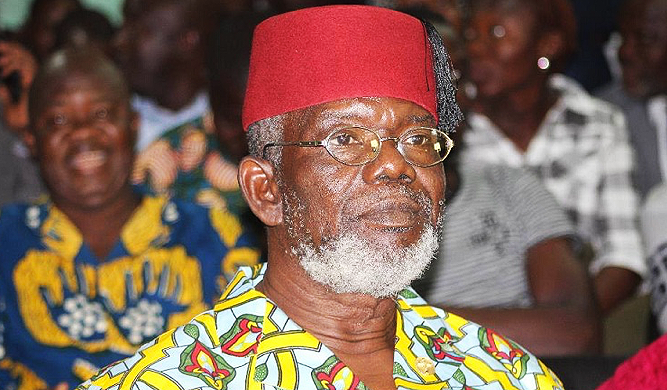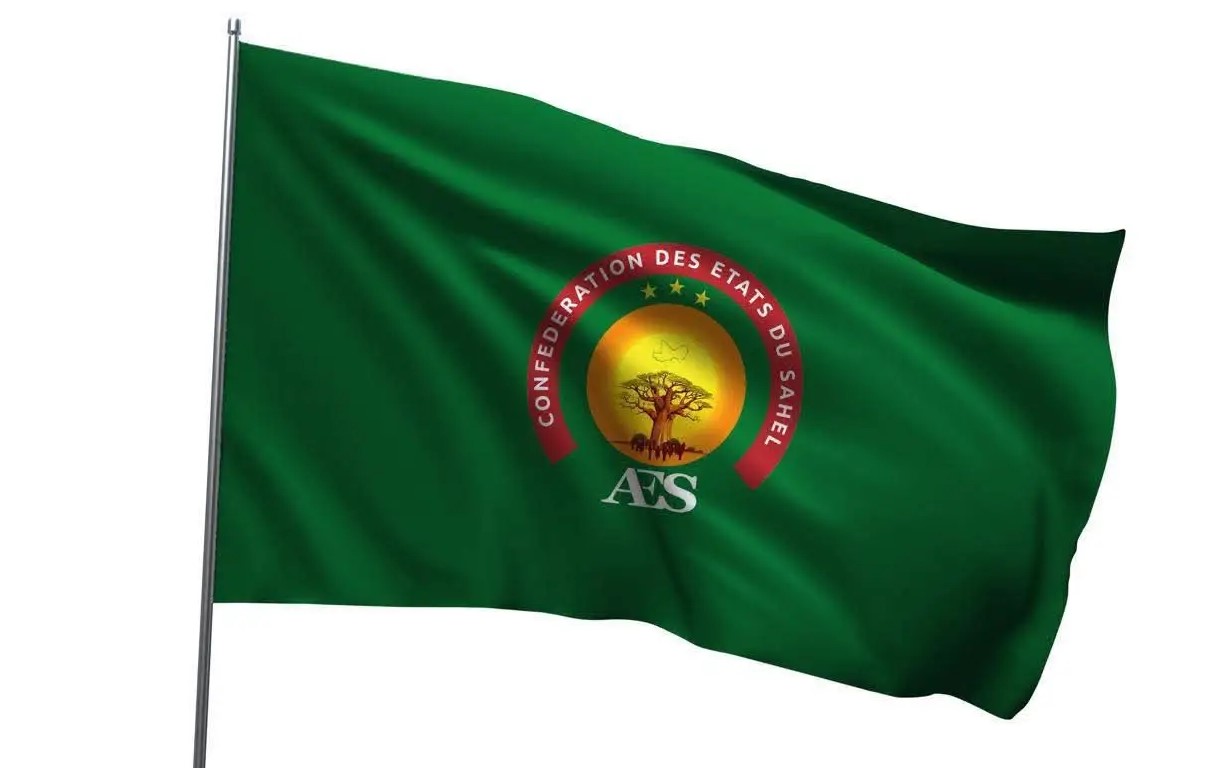President, Cyril Ramaphosa, was sworn in for a second term President of South Africa on Wednesday in the capital city of Pretoria.
For the first time in 30 years, his party, the African National Congress (ANC), narrowly secured a majority of the votes. It got just 40%. To retain the presidency, Ramaphosa has been forced to form a coalition with other parties. This shift in the political topography possibly marks the end of ANC dominance of South Africa’s political space.
One-third of the parties in Parliament agreed to join the ANC-led coalition. They include the second-largest party, the Democratic Alliance, which got 22% of the votes and has long positioned itself as the main challenger to ANC.
The four other parties that joined the coalition each won less than 4 percent of the vote: the Inkatha Freedom Party, the Patriotic Alliance, the Pan Africanist Congress of Azania, and GOOD.
The Coalition Challenge
The unwieldy coalition of six parties has been described as a “government of national unity,” but analysts wonder how long would Ramaphosa hold the house together given rancorous style of South African politics and the divisive nature of South African society.
The second-term president is now faced with the daunting task of governing with a coalition of ideological strange bedfellows. This is a stark contrast to the unity and hope that Mr. Nelson Mandela (the the first post-Apartheid president) tried to instill in the nation in 1994. The challenges ahead are complex, and the stakes are high.
Even Ramaphosa bluntly acknowledged the government’s failure to heal a nation that has remained divided and economically unstable in the thirty years since apartheid ended.
The swearing-in ceremony, full of pomp and peasantry with world leaders including Nigeria’s President Bola Tinubu and former President Olusegun Obasanjo in attendance, hardly reflects the mood on the ground, where the economy and social dislocation are hurting.
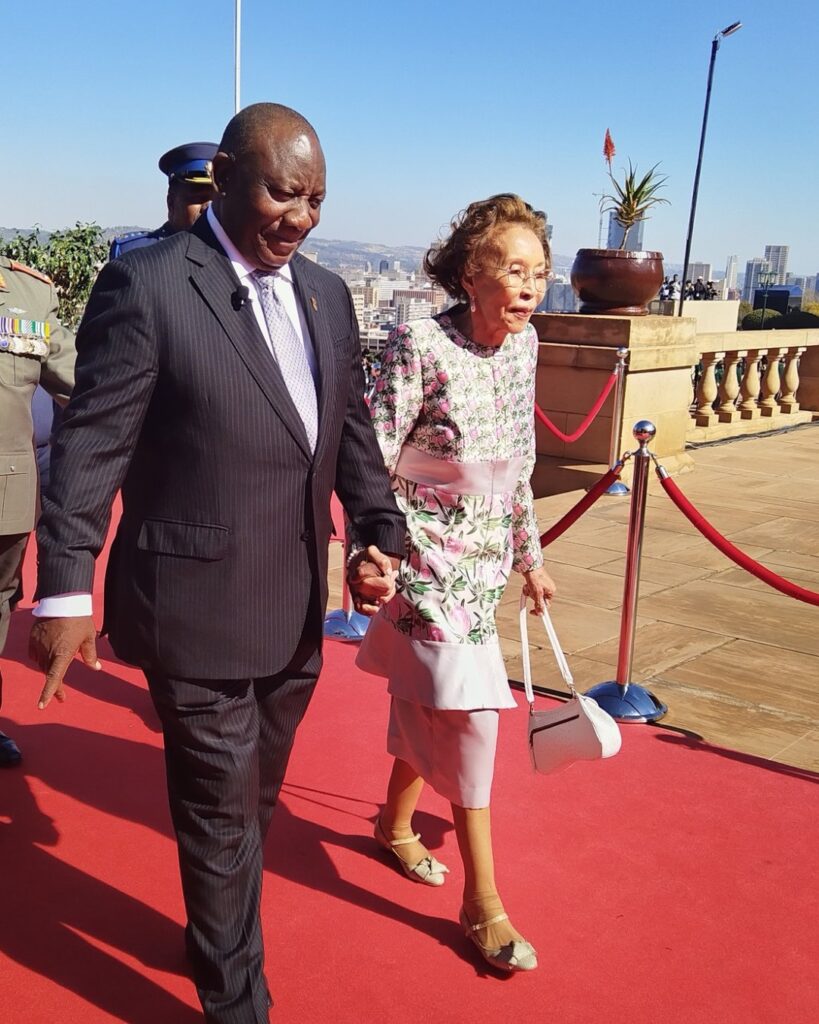
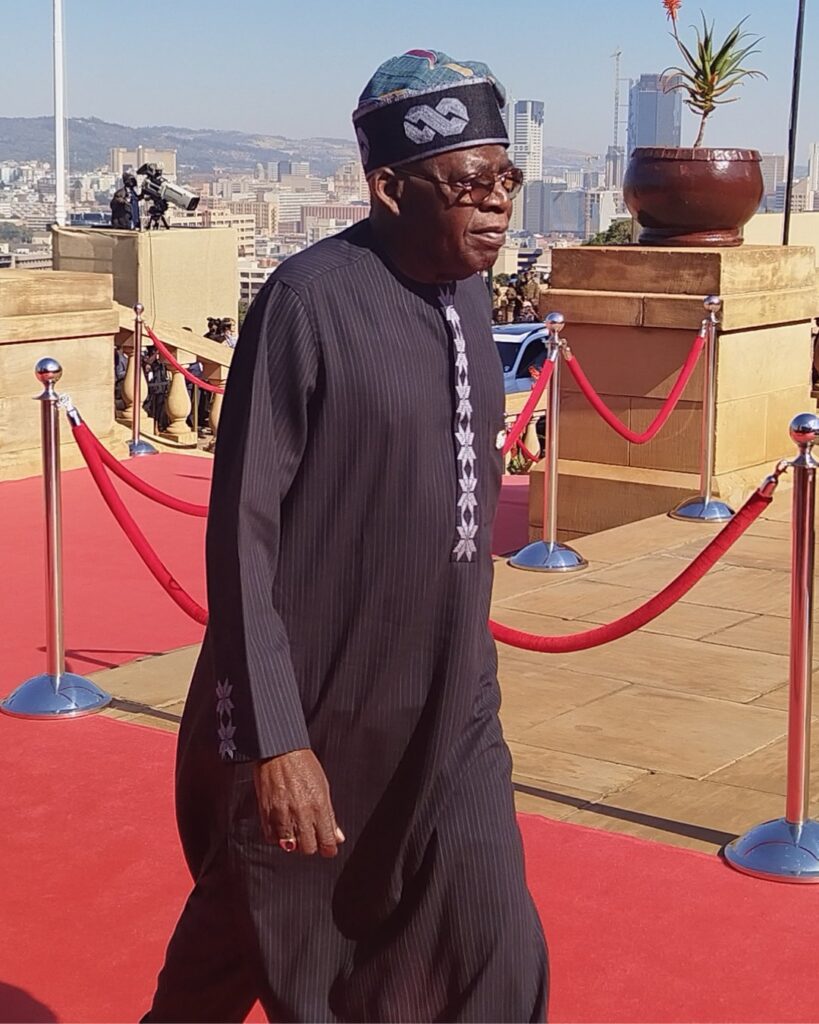
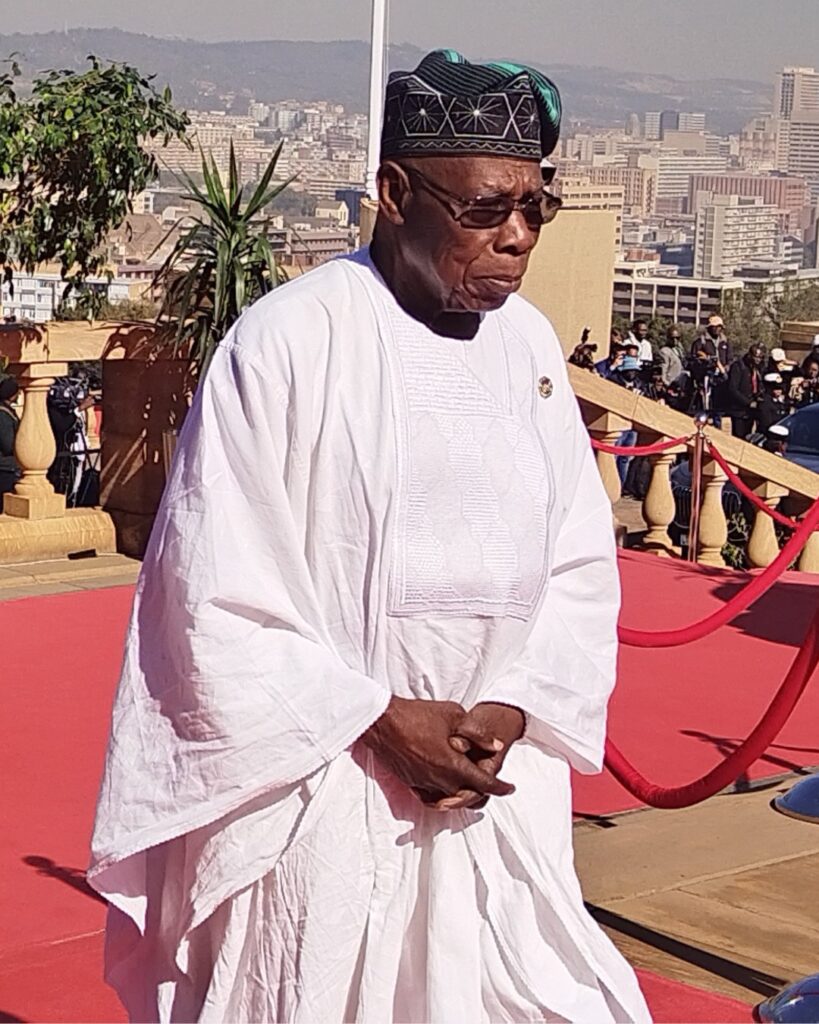
Realizing the urgency, Ramaphosa remarked in his inaugural speech, “Above all, the people of South Africa have stressed that they are impatient with political bickering and the endless blame game among politicians and political parties. They want us to put their needs and aspirations first, and they want us to work together for the sake of our country.”
The citizens hope the politicians are listening.
How will they jumpstart a sluggish economy? Will they continue with affirmative action policies, a contentious issue that has long divided the ANC and the Democratic Alliance? What about the persistent issue of racial disparities in land ownership?
These are the pressing questions that the coalition government must address, setting the stage for an uncertain but also potentially, a prosperous future.
Please comment and share this article, & Follow us on our social media handles.







